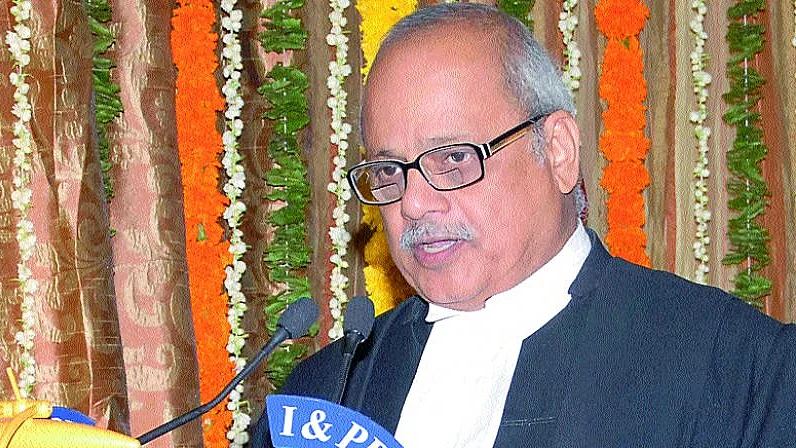First the delay, and then the haste to appoint the Lok Pal is suspicious
The search committee did not meet till January, 2019. With the general election due in April, shouldn’t the job have been left to the next Government?

The excitement over a ‘Lok Pal’, if figures available in the public domain are any indication, was both contrived and possibly misplaced. Between 2001 and 2015, data collected by National Crimes Record Bureau revealed, only 0.06% of the cases lodged in the country were related to corruption. And barely one-third of them ended in conviction.
Now that another bureaucratic anti-corruption body is being set up, it will add to the bloated anti-corruption structure. But it is doubtful if it would make any significant difference. But there is an even more important question that begs for an answer.
Should the appointment of the Lok Pal, an ombudsman to look into complaints against the Prime Minister, Union Ministers and Class A officers etc., have been left to the next Government? Why would the Supreme Court allow a ‘lame duck’, caretaker Government to make the appointments barely three weeks before the start of the general election?
The Modi Government had dragged its feet for the past five years on the subject. Five more months would not have made much of a difference. It had failed to act even after two NGOs approached the Supreme Court in January last year for directions to the Government for making the appointment. Attorney General K K Venugopal stated in July last year that constituting a search committee was a complicated matter. In September he informed the court that the selection committee comprising the PM, CJI, the Lok Sabha Speaker etc. had held a preliminary meeting.
Even as late as in January, 2019 the court of the chief justice recorded the following: “For reasons that we need not go into for the present, the search committee had not undertaken any deliberations, we are told, till yesterday… 16th January, 2019, when a meeting was held. Attorney-general K.K. Venugopal, who represented the Centre, pointed out that “on account of certain difficulties like lack of office space, infrastructure, manpower, secretariat, etc, possibly, the search committee has felt handicapped in convening its meeting(s)”.
Significantly, the search committee itself was constituted in September, 2018. The search committee was headed by retired Supreme Court judge Ranjana Prakash Desai and has as members Justice Sakha Ram Singh Yadav, Ranjit Kumar, Arundhati Bhattacharya, Dr Lalit K. Panwar, Shabbirhusein S. Khandwawala, A. Surya Prakash and Dr. A.S. Kiran Kumar.
Both the Government and the court knew that elections would be held in April. If the court indeed wanted to expedite the appointment, it could have directed the search committee to recommend a panel of names in sealed cover and left it to the next government to accept or raise objections.
The Attorney General’s reasoning for the delay was clearly laboured and less than credible. There were good reasons to doubt that the Government was resorting to a delaying tactics. But it was allowed to get away. By allowing the Modi Government to constitute the Lok Pal committee so late and before the election, the apex court has done no service to the institution.
The Modi Government is also guilty of trying to dilute the provisions of the Act and suggesting that spouses and dependent children be removed from the clause that sought mandatory disclosure of assets in their name. The amendment was criticized widely and was referred to a parliamentary standing committee, where it rests. but the Government remained unmoved. Most public servants, it was pointed out, tended to amass wealth in the name of their spouses and children and there was no satisfactory explanation for doing away with the provision.
The Government in 2015 also tried to amend the Whistle Blowers Protection Act of 2014 and exclude information and subjects related to cabinet proceedings, economic, scientific and security interests of the country etc. There has been no urgency to operationalise the Act, ostensibly because the amendments sought were pending in Parliament.
So, the question remains. Is the hurriedly constituted Lok Pal designed to deflect attention from the Government’s indifference ? And is it meant merely to let the Government claim before the election that it has fulfilled its promise made in BJP’s manifesto in 2014 for having a Lok Pal ?
Follow us on: Facebook, Twitter, Google News, Instagram
Join our official telegram channel (@nationalherald) and stay updated with the latest headlines
